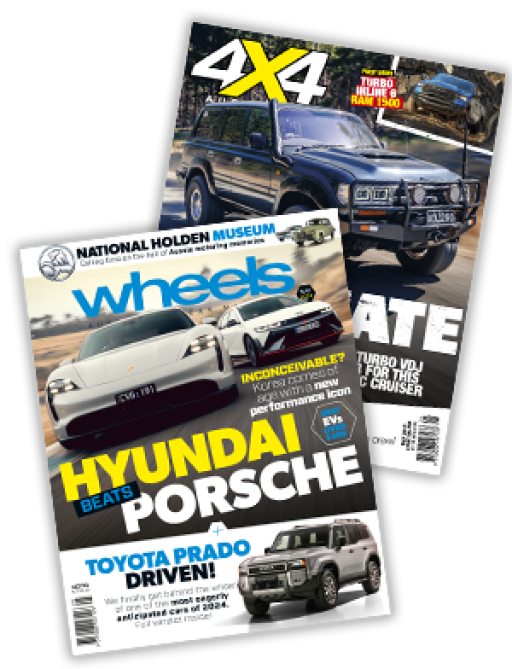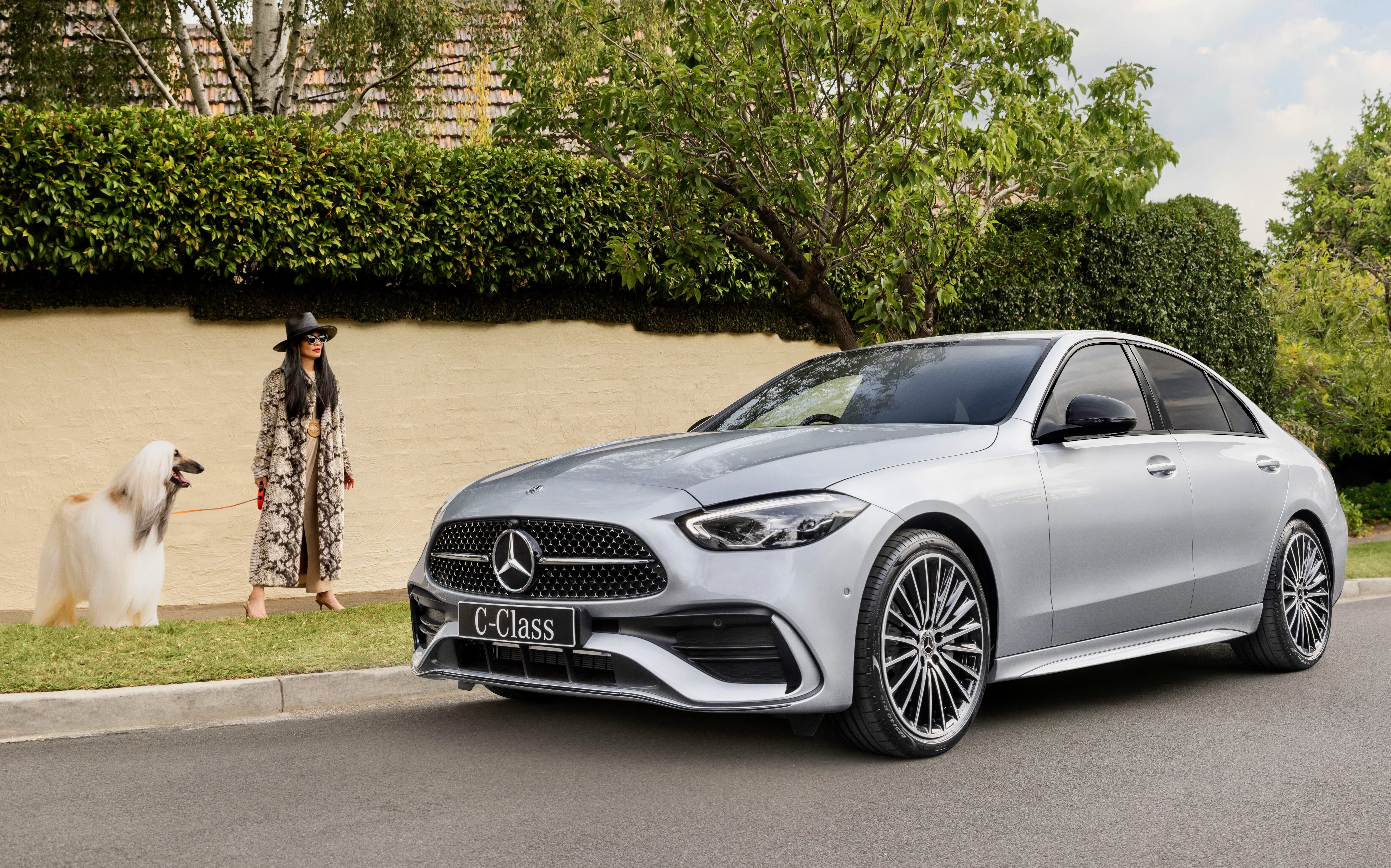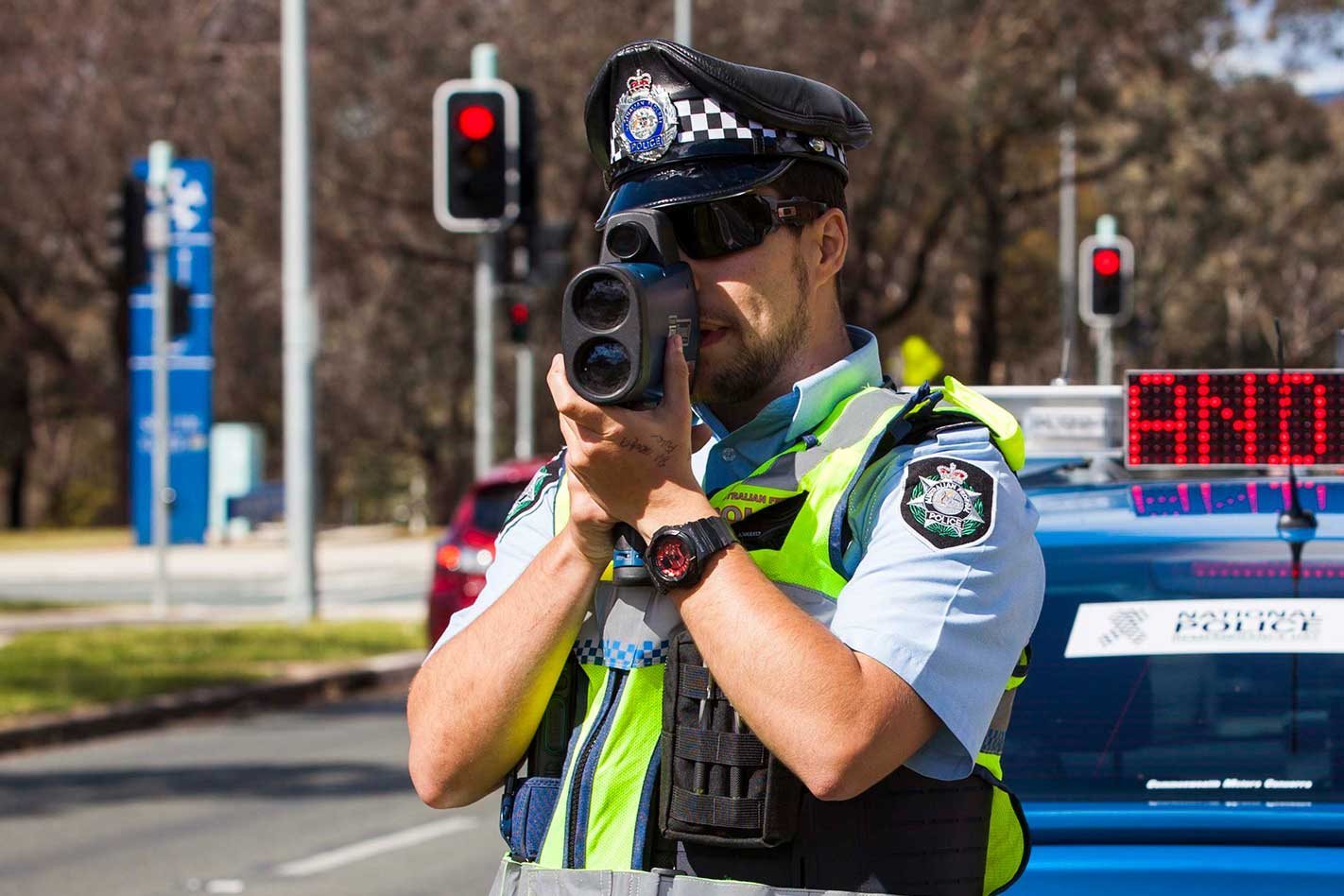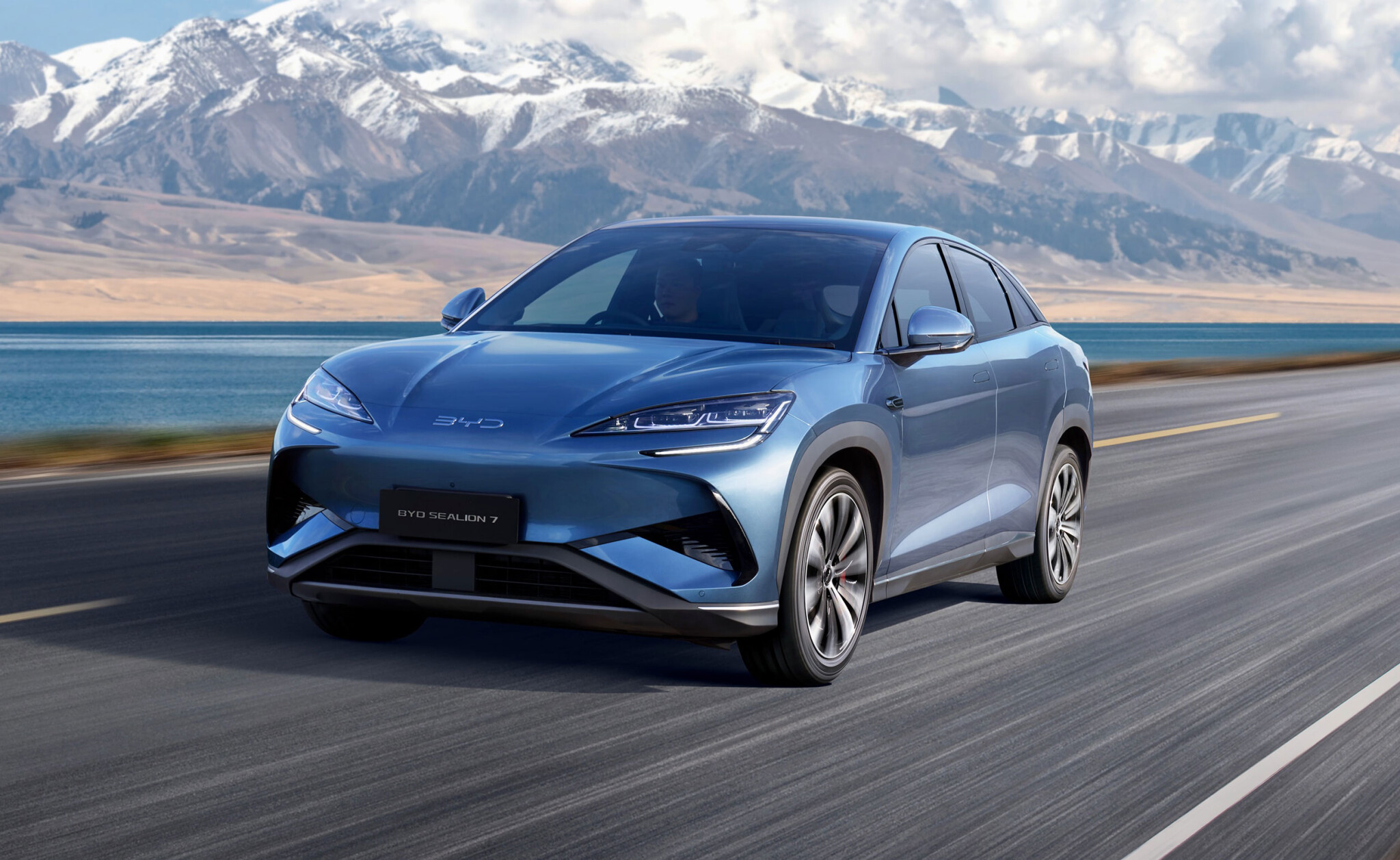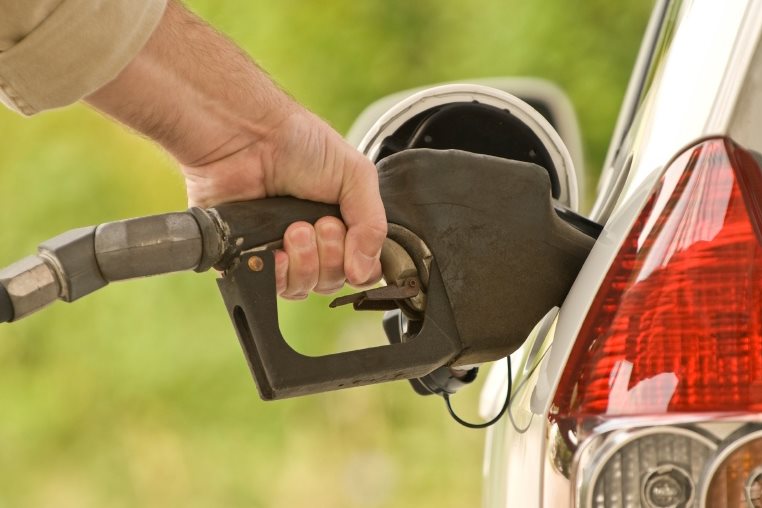
Snapshot
- Regional Queenslanders not benefitting from petrol price drop
- Diesel prices still also too high, according to RACQ
- Group has slammed fuel providers for pocketing cash to bolster profits
One of Australia’s key motoring organisations has accused fuel stations in regional Queensland of ripping off customers at the bowser by not lowering their prices.
A plunge in the cost of global oil, as well as Singapore benchmark and terminal gate prices this month, has seen regular unleaded (ULP) drop significantly in the state’s south east – but the amount drivers are paying in regional areas is taking much longer to fall, according to the Royal Automobile Club of Queensland (RACQ).
“After months of pain for motorists and record high petrol prices, it’s incredibly disappointing to see fuel companies refusing to pass these savings onto motorists, and instead use the falls in oil prices and wholesale prices to further bolster their retail margins,” said RACQ spokesperson Lauren Cooney.
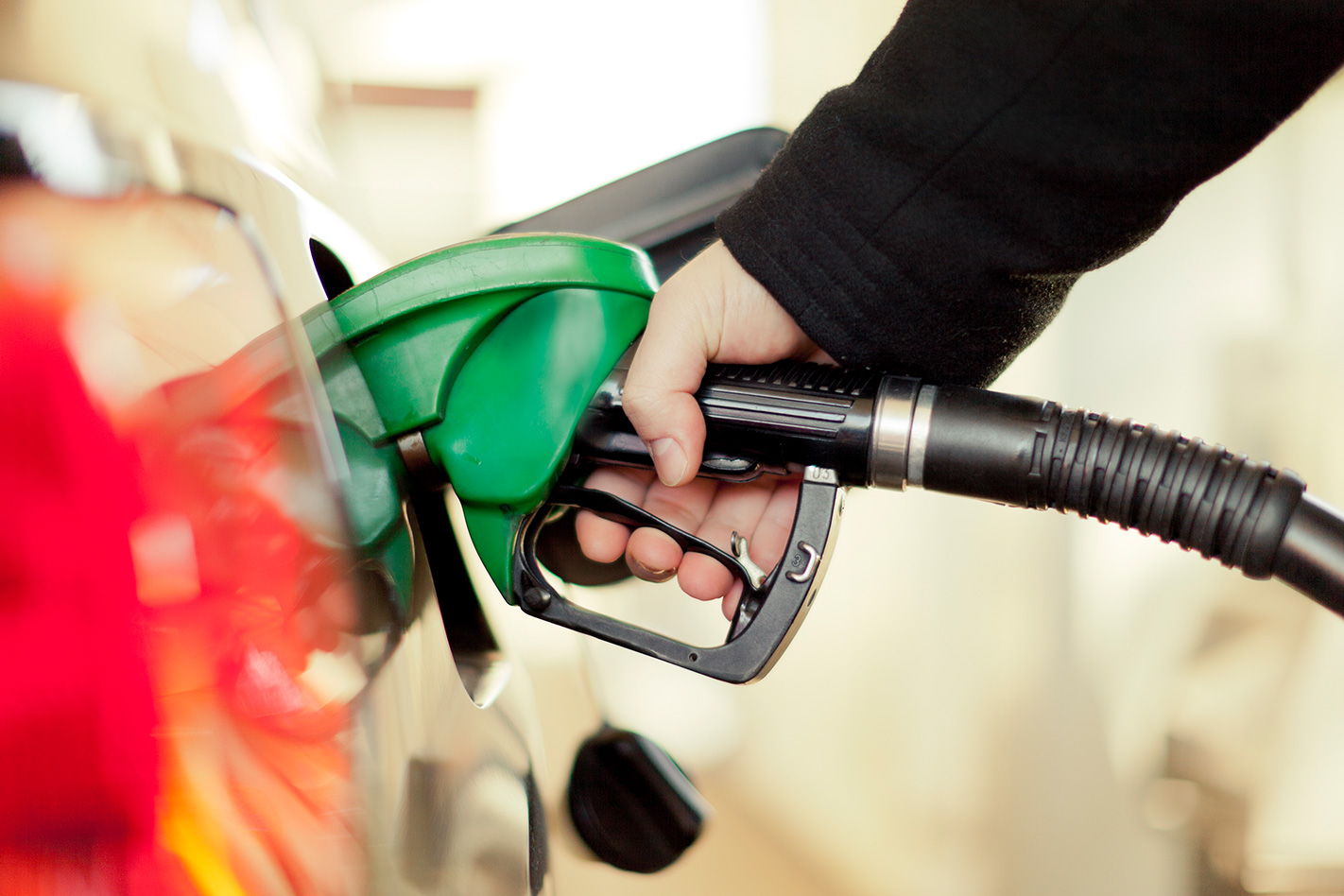
“In Mackay the average price today is 208.3 cents per litre (cpl), but really it should be closer to 179cpl. That’s a massive 29 cents more than it should be and that will really add up for drivers who need to fill the tank,” Ms Cooney said.
“In Cairns, the average price is 204.9cpl, but again, with lower global oil and terminal gate prices, this should be 26cpl less, sitting around 178cpl.
“In Gladstone, drivers are paying 20cpl more than what they should, in Townsville and Rockhampton it’s about 18cpl and in Bundaberg, they’re being overcharged by about 14cpl.”
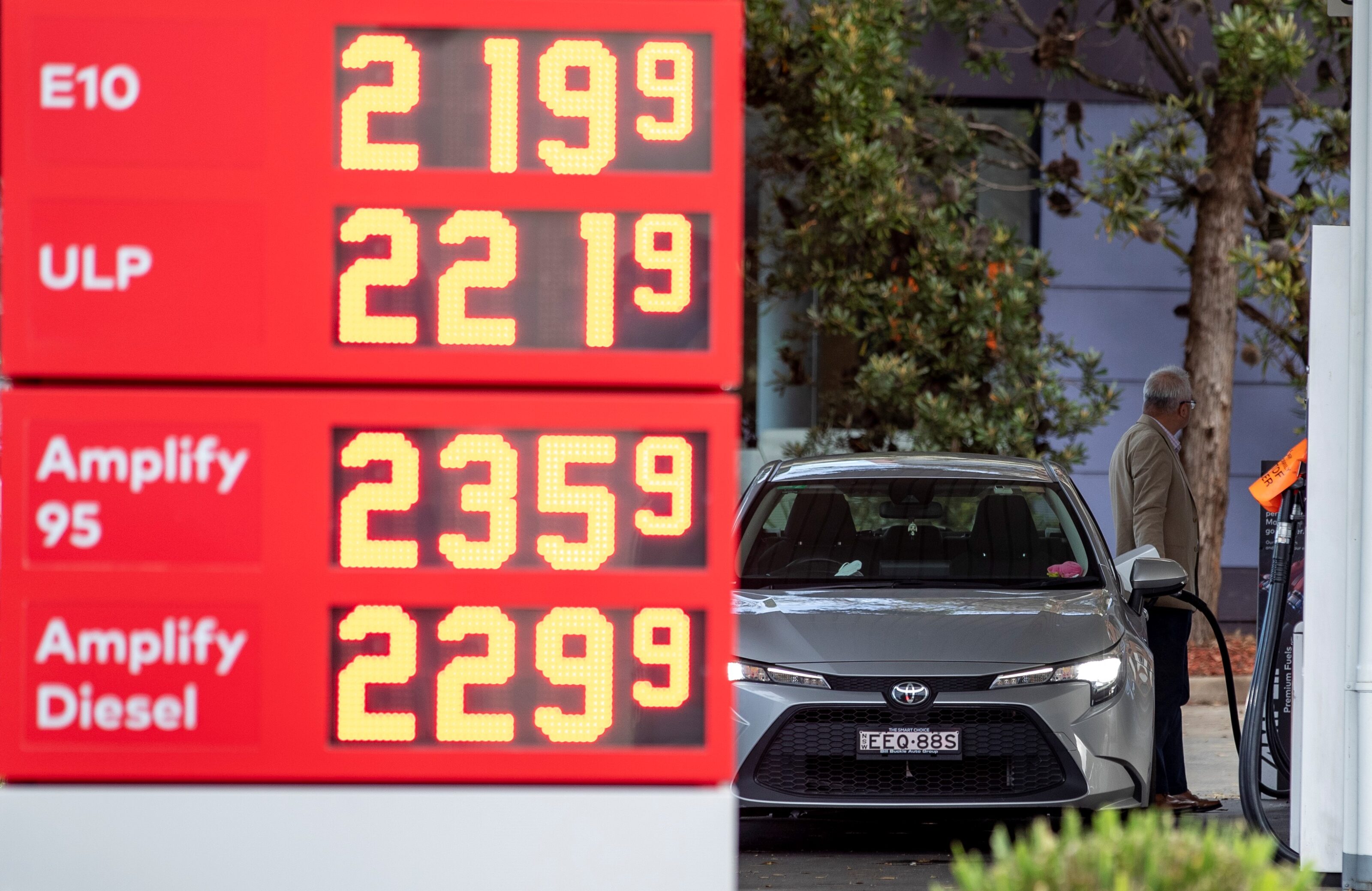
The dramatic drop in global oil prices is believed to be caused by fears of recession and has impacted the cost of petrol right across Australia, and the RACQ expects prices to continue to fall over the coming weeks.
However, Cooney said diesel prices were still unacceptably high.
“Right across regional Queensland the average price of diesel is above 224cpl, in some areas it’s higher than 230cpl when it really should be closer to 210cpl,” she said.
“These exceptionally high prices are despite a significant drop in wholesale prices for diesel. We haven’t seen any falls in diesel prices, instead fuel companies are refusing to pass on the savings to motorists.”
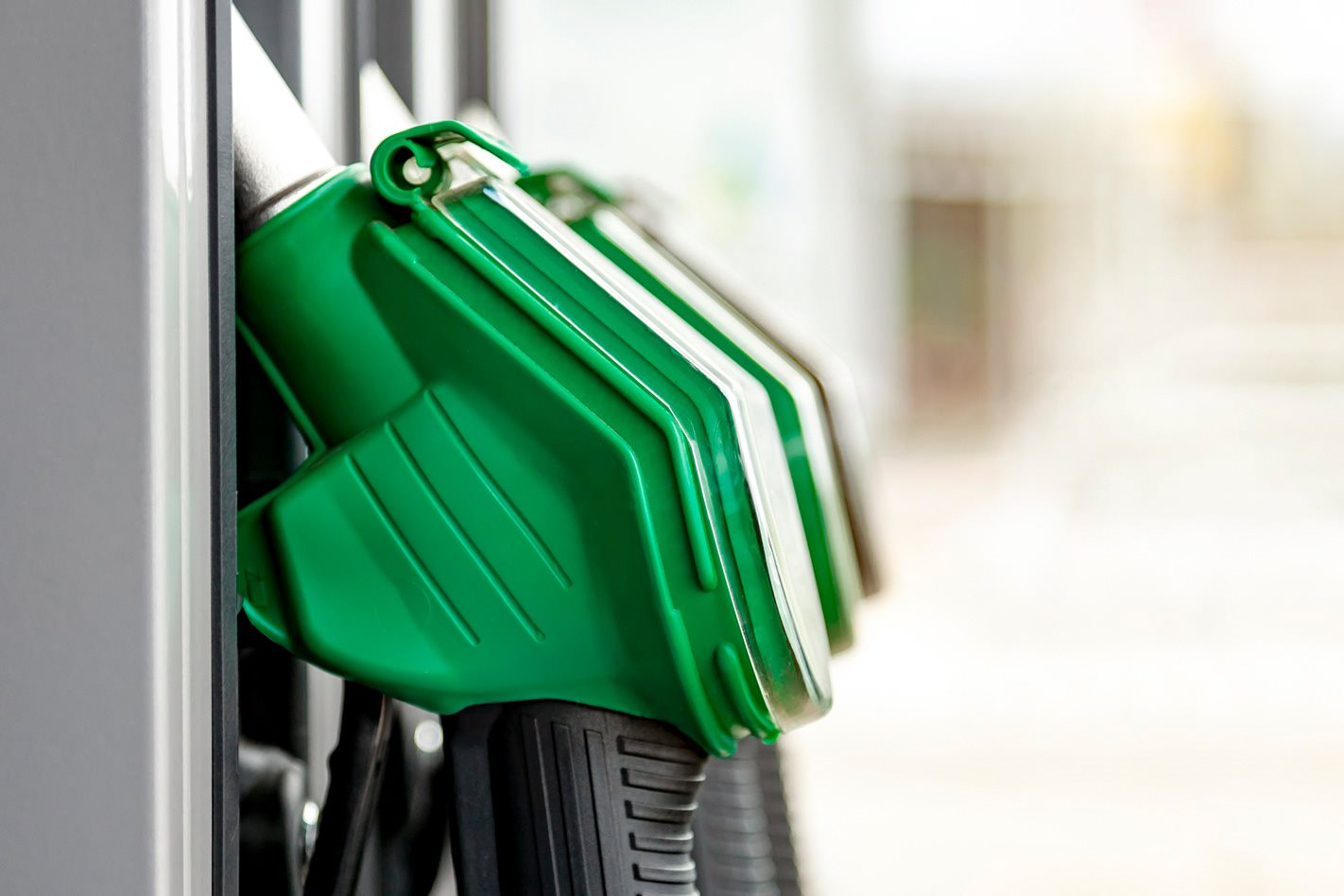
With the end of the former Federal Government’s fuel excise cut imminent, due to cease from September after the new administration confirmed it would not be extending it, it remains to be seen what will happen to prices in the months to come.
Last month the Australian Competition and Consumer Commission (ACCC) reported that the cut to the fuel excise had been passed on to Australian motorists in the vast majority of locations.
The ACCC’s latest petrol monitoring report showed in the weeks after the fuel excise was cut on March 30, daily average petrol prices fell by at least 39 cents per litre in Sydney, Melbourne, Brisbane, Perth and Adelaide. In Canberra, Hobart and Darwin over the same period, prices fell by between 25 and 48 cpl.
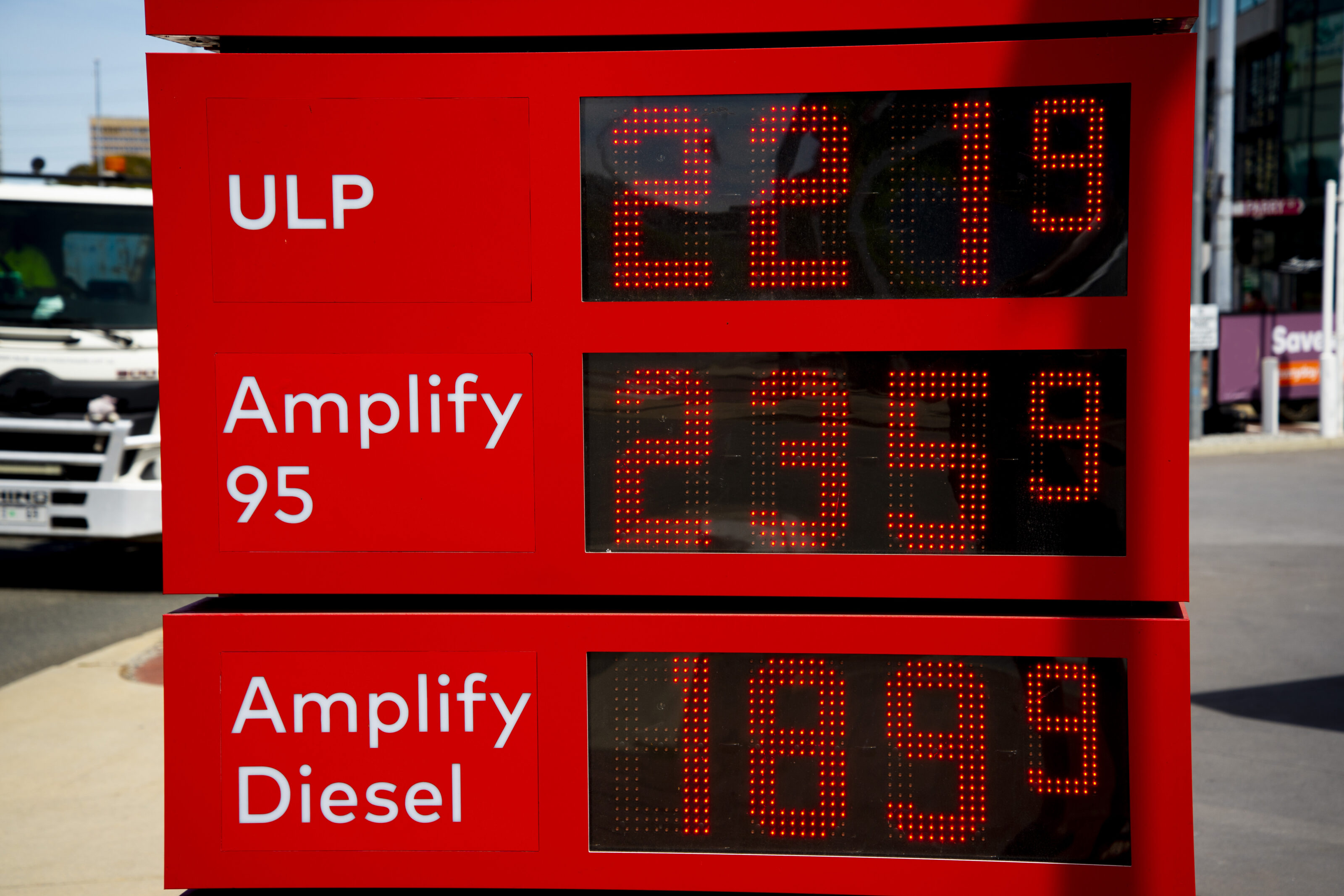
Daily average petrol prices across the five largest cities decreased by around 42 cpl between March 29 and April 19, the ACCC found. Over the same period, daily average wholesale prices dropped by around 36 cpl.
However, from mid-April higher international refined petrol prices stemming from Russia’s war in Ukraine again pushed up wholesale and retail in Australia – which is what we’ve seen at the bowser over the last couple of months.
“Retail petrol prices will still fluctuate with changes in international prices and the price cycles in the largest capital cities, even though the excise cut has flowed through to the bowser,” ACCC Chair Gina Cass-Gottlieb said.
“Our monitoring will continue for the duration of the excise cuts. Petrol retailers who fail to maintain the cuts can expect to hear from us.”
We recommend
-
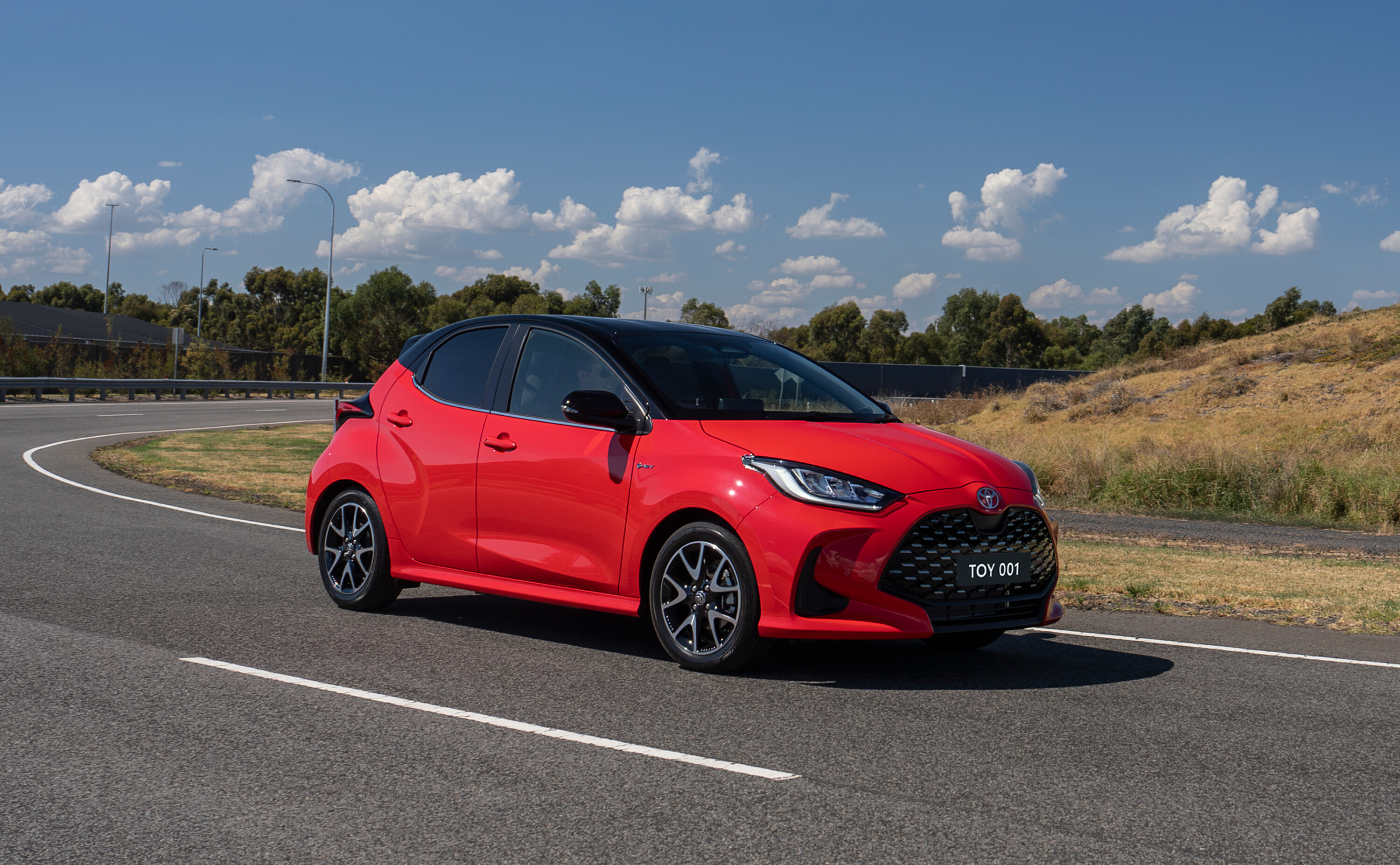 News
NewsAustralia's most fuel-efficient cars in 2024: Petrol, diesel and hybrid
Here's every car without a plug, on sale now, that sips five litres per 100km – or less
-
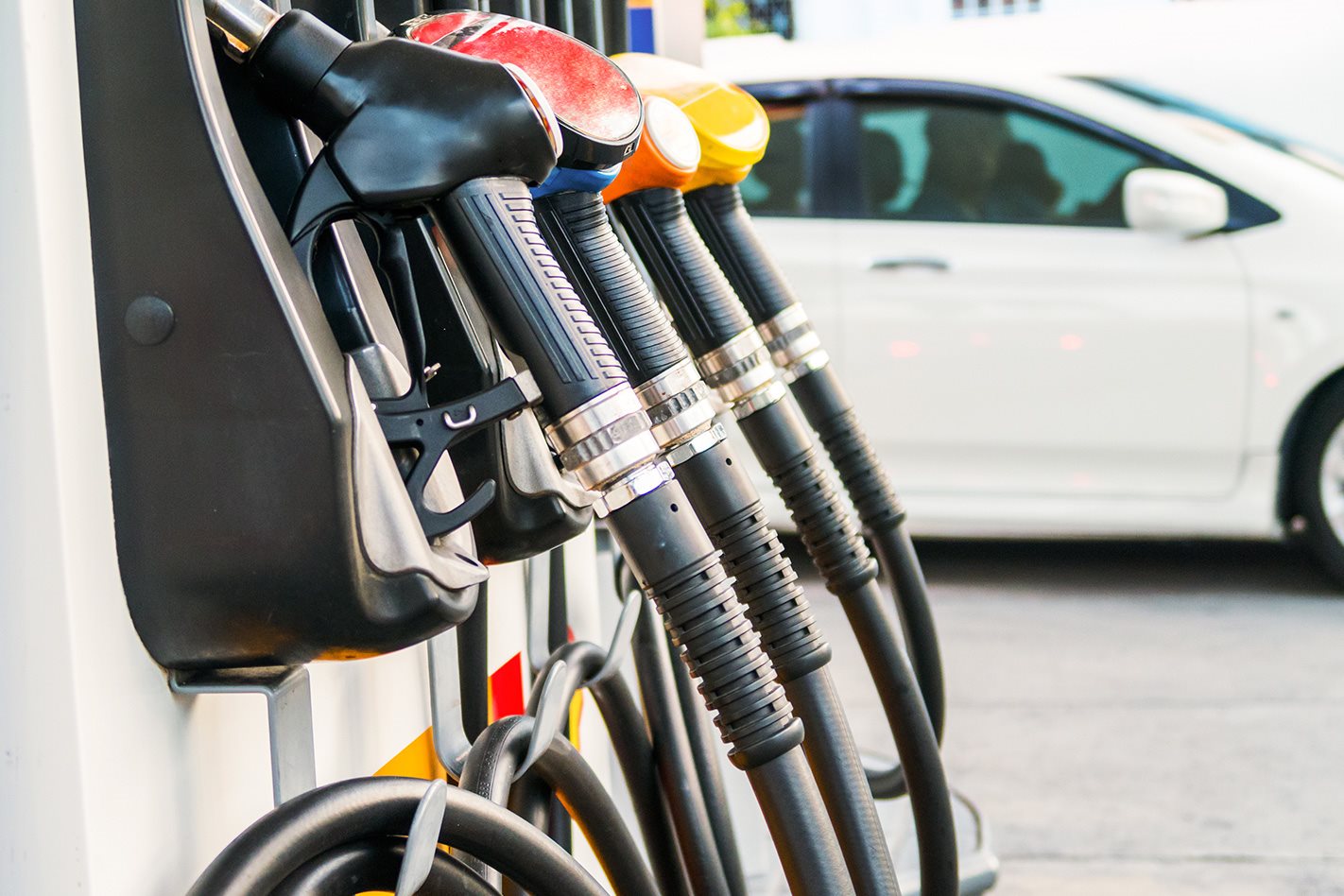 News
NewsFederal Budget: Fuel excise slashed to help ease impact of rising prices
Treasurer Josh Frydenberg made the announcement on Tuesday night as part of his government's fourth budget

